If the legal battle on Dance bars ends in a decision that will seem to favor traffickers and pimps, the Maharashtra State Government must blame its own arrogance, non consultative and over confident style of handling this battle and operational and intellectual isolation and a its singular obsession with obscenity. The State Government’s Legal Amendment of June 2014 which enforced the ban on dance bars has been stayed by the Supreme Court of India on 15th October 2015. Although the interim order has kept the hearing for November, the law has little chance of survival as the State government has failed to do its their homework and build evidence to back its premise.
Despite the fact that it has been the anti-human trafficking organizations who had sought the ban, facilitated a conducive public opinion across party lines and actively supported the government, the state on its part has reciprocated with a non-inclusive, non-consultative stance viz a viz the anti human trafficking organizations. The resulting debacle is now for everyone to see.
Nevertheless, anti trafficking activists need not lose heart. The SC has just stayed the amendment in the Bombay Police Act which bans the dance bars. It has not stayed the Immoral Traffic Prevention (ITP) Act. The SC, in its order, has also instructed the authorities to keep a strict vigilance on the bars. In its words, "to take steps so that the individual dignity of a woman is not affected and there remains no room for any kind of obscenity measures”. This is significant!
Section 370-A newly (March 2013) added in the Indian Penal Code is a provision in the hands of the police to book the sex buyers buying sex by engaging from trafficked victims. It is intriguing to understand why the central government that introduced limited the scope of Sec. 370-A limited its scope to buying sex only of only from a ‘trafficked victim’. It appears to have been drafted to perpetuate the traditional offer amnesty to the ‘customer’.
The Swedish law on the sex trade punishes the sex buyers and not the sex sellers. The newly amended Rhode Island (USA) state law too punishes the sex buyers. Among the recommendations for the amendments in the US Federal law, the provision for penalizing the sex buyers is gaining ground. The Government of India has been hesitant to penalize customers even though it is the men customers who actively create the demand where millions of vulnerable young women and girls get trafficked as the supply..
Further, the new Section 370-A remains confusing in its intent and implementation. How would a sex buyer know if a certain girl is a traffic victim or not? Will the government release a list of trafficked victims in the state that a buyer is expected to refer to before engaging a girl for sex? Notwithstanding these glaring loopholes, the provision is potent enough to reduce the demand and serve as a deterrent if widely publicized.
Picture:- Prerana (Dr. Pravin & Ms. Priti Patkar) representing anti trafficking organizations in a meeting with the then Dy Chief Minister & Minister of Home, (late) Mr. R.R. Patil
The contention of the anti-trafficking activists is clear as truth – the dance bar is a fronting for the sex trade which sexually exploits scores of trafficked, uneducated, young and mostly dalit girls belonging to the economically backward regions of the country. The Indian trafficking law ITPA also recognizes that women whose bodily sex is sold are most likely to be poor illiterate women living under coercion. Hence it makes no provisions to punish the women whose bodily sex is sold by the sex traders. (Mostly when prostituted women have been booked by the police it is by misusing Section 110 of the Bombay Police Act. This situation is certainly fast improving at least in Mumbai).
If the ITPA is enforced sincerely and if a number of trafficking rackets operating under the garb of dance bars are busted, then that will help build the case for a well founded ban. The anti human trafficking activists should continue to bolster the enforcement of the ITP Act and the police should intensify the crackdown on the dance bars now that the SC and the criminal law amendments have empowered them explicitly. Most importantly, the State Government needs to understand the importance of a consultative team approach. A well orchestrated action by a multi-disciplinary team will provide the government with abundant evidence to prove trafficking and commercial sexual exploitation in the Dance bars.
At a panel discussion at RW Law School of Law Rhode Island this week, that I had the opportunity to be present at, the U.S. Attorney General Mr. Peter Naronha stressed the importance of multi disciplinary team approach in tackling the trafficking crime. He attributed the success at improving the conviction rate to the newly adopted coordination within the government agencies and networking with the non governmental agencies like the service providers and researchers.
So, the question remains - what stops the police and state from cracking down upon the dance bars under the ITP Act if their intelligence indicates that under the garb of a dance bar, trafficking and sex trade are being carried on?
It is natural though not justifiable that those who make fortunes by exploiting the uneducated girls (read the dance bar owners) have an interest in reopening the Dance Bars. However, it is indeed shocking and condemnable when influential, educated people claiming to be liberals oppose the ban. One can only conclude that they are either grossly misguided or ill informed about the facts. They fail to realize that their stance is misogynist, regressive and feudal.
They fail to recognize that their position would condemn thousands of uneducated girls and young women of the backward, mostly dalit, communities belonging to the economically backward regions permanently into a life of prostitution for the extra marital sexual pleasure of upper class men.
Perhaps those opposing the ban may not be able to understand the on-ground realities that their position entails. By supporting the opening and functioning of dance bars, they are supporting a nightmare scenario where young girls dance voluptuously in front of drunk and lustful men who will go on to, in most certainty, pick up one of the girls for paid sex. And all this because these girls have not been offered any alternative safe and dignified livelihood options.
The men who patronise the dance bars take full caution not to bring their own family women around these bars. Is this not their admission that a dance bar is not a safe place for their family women? A stray incidence where a socialite journalist visits a bar in full security and declares that dance bars are safe is an absurd scenario and a stunt that needs no serious attention.
When ordinary citizens rise in protest and complain about the increase in the overall insecurity and criminal activity in their neighbourhood as a result of the opening of the dance bars, it is important to note that their objections are not on the grounds of obscenity but that of the rising crime. It was this popular anger that significantly pressurised the politicians across the party lines to support the ban. In a democracy such angry expressions must be taken up seriously. Opponents of the ban must acknowledge and respect the popular sentiment. They need to regard and understand from where the anger is stemming.
If the opponents of the ban subscribe to the argument that banning the dance bars pushes the bar girls into prostitution, they also need to understand that it only means that the wall between the two is thin and porous. Would a similar situation occur with women working in other job sectors like IT, pharma, banking, research, medicine? The people opposing the ban also need to direct their questioning at a more fundamental level – why should young girls and women be made to work in such a hazardous sector where the chances of falling into prostitution are so high and direct?
A dancing career in a dance bar is anyway only short lived. The patrons tend to look for newer and younger girls. Shouldn’t girls and young women who did not have an opportunity to receive average education be given such vocational skills and training that they can acquire a sustained and safe career where their sexuality is not commoditised?
Those who oppose the ban need to understand that their position is indeed regressive and misogynist. Advertently or inadvertently, they are perpetuating a patriarchal, casteist and feudal social order.
When they speak of a ‘women’s agency’, their interpretation is misleading and opportunistically limited. Why can’t the dalit girls from Banchhda, Bedia, Nat, Rajnat, Kanjar, from North India and from the other dalit communities of Karnataka, Maharashtra, Andhra and such other areas have the right to ‘not become a dance bar girl’? Why don’t they have the right to ‘not to get their sexuality commoditized’?
We need to ask ourselves, are we, in arguing for dance bars, perpetuating a double-faced stance where there is one rule for the dalit girls from backward regions and another for upper caste upper class women?
The notorious devadasi system was clearly a caste based exploitative system. The communities of the north mentioned above are essentially the dalits condemned into institutionalised prostitution for the pleasure of the upper caste men. It is sad that the forces who fought to end caste based exploitation are failing to take action against the modern form of caste based sexual exploitation the dance bars.
The issues of public morality are undeniably the issues of civility which is founded on the principle – ‘Do unto others as you would have them do unto you’. (In the words of Jesus Christ– "All things whatsoever ye would that men should do to you, do ye even so to them”). It is the same principle that is used by Sir John Rawls while arriving at the principles of justice.
Thus “Would you allow your wife or daughter to dance in the dance bars?” is not at all an irrelevant, personal or offending question when it comes to discussing public policy that has serious implications to the safety of scores of young girls. In fact, it is the core question that all those who oppose the ban must be made to answer.
Some critics present a sweeping argument against the ban. They say, “A ban never works. It only drives people towards the object of the ban." Among many functions that law performs such as encourage, acknowledge, support good activities and discourage the undesirable ones, the last function is the soul of any criminal law. It bans and penalizes certain acts. In all countries murder, rape, theft, kidnapping, assaults are banned. No law can on its own ever completely stop a crime from taking place. But that is not the way to judge the utility of a law. Its efficacy is judged by imagining what would happen if the law does not ban murder, rape, theft, kidnapping and assaults? How ridiculous it would be if we then say that murders, rapes, thefts, kidnappings and assaults have increased because the Indian Penal Code has banned them?
Those who are advocating in favour of the dance bar must question themselves as to whose interests they are furthering. Is it the interest of the uneducated young girls or their pimps? Are they not fostering double standards in public life; dignified professions for their daughters and sexual slavery for the poor uneducated girls and young women from the backward castes and regions?
- Prof. (Dr.) Pravin Patkar
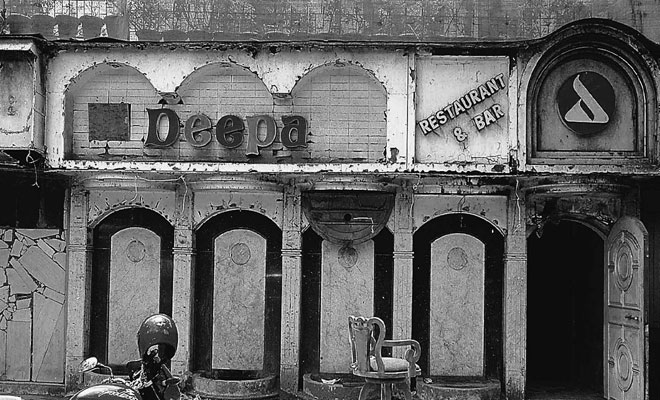

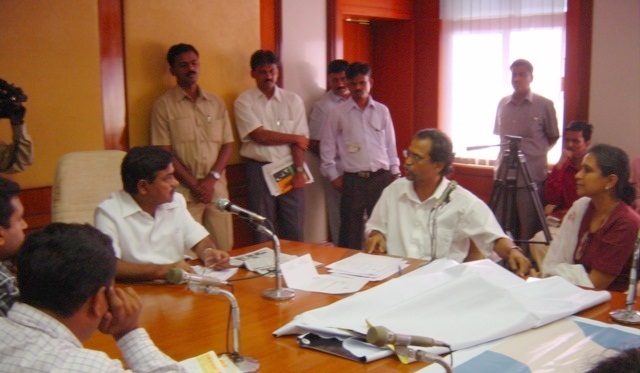
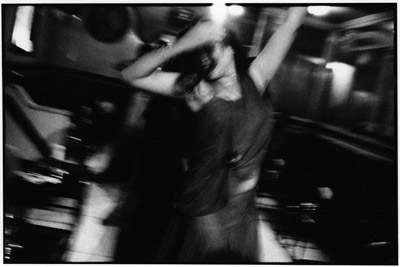
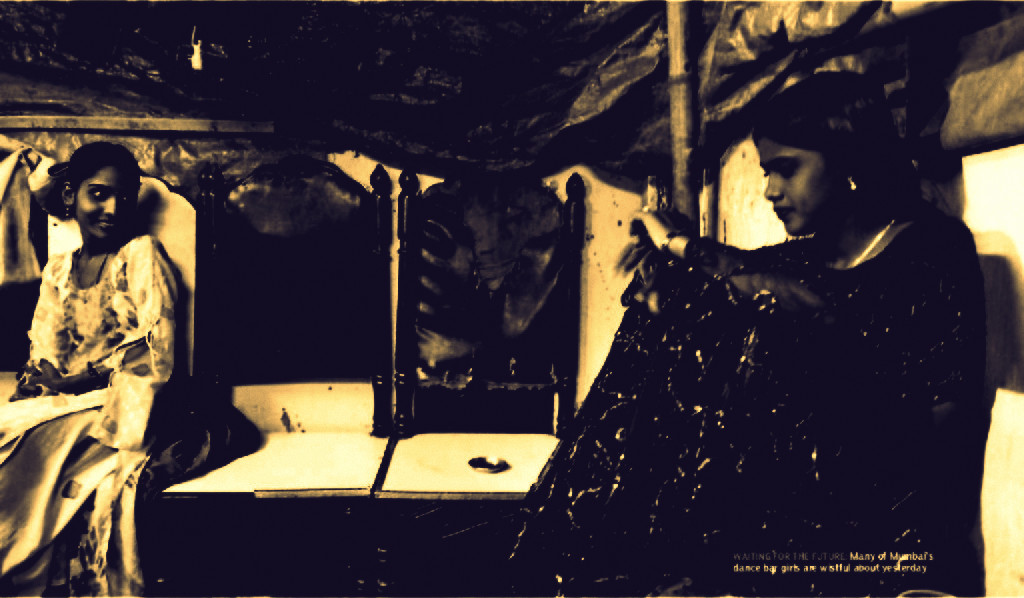
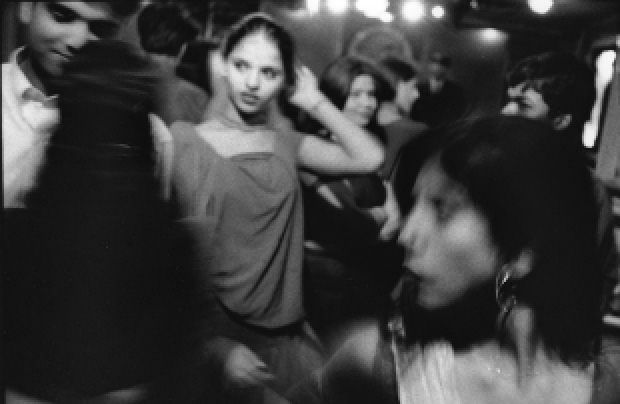
No comments:
Post a Comment